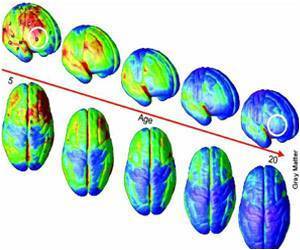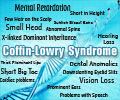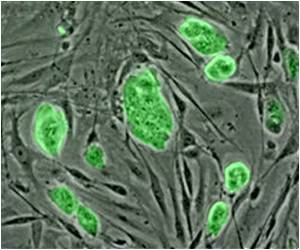About 1-3% of the world’s population possess some form of intellectual disability. But, half of the cases are linked to poor nutrition and unknown genetic factors.

‘Thirty novel candidate genes that possess a strong potential for causing intellectual disability can be applied to DNA screenings to determine the possibility of a couple producing a child with the disorder.’





"The implications are enormous," said principal investigator Saima Riazuddin, Professor at University of Maryland School of Medicine in the US. "The next phase of our study is to come up with therapeutic options and personalized protocols that could help patients improve their intellectual function," Riazuddin said.
Intellectual disability, or ID (previously known as mental retardation), becomes apparent in children before the age of 18 and affects, according to the US Centers for Disease Control and Prevention (CDC), as many as 213 million people around the world.
The disorder, which is measured by an intelligence quotient below 70, significantly limits an individual's intellectual ability and practical skills.
The new study presents the outcomes of a five-year investigation that was conducted over three continents.
Advertisement
More than 15,000 DNA samples were collected, which were analyzed both in the Netherlands and at University of Maryland School of Medicine's Institute of Genomic Sciences (IGS), using next-generation genetic sequencing.
Source-IANS













